RPS Energy have launched new Carbon Capture and Storage (CCS) self-paced e-learning courses. RPS has developed 5 new courses to provide participants with an awareness and understanding of subsurface CO2 storage, CO2 flow in the subsurface, monitoring of the CO2 storage site, and addresses the key issues of reservoir depth, well design, reservoir lithology, and quality.
Overview
Fundamentals of Carbon Capture and Storage (CCS)
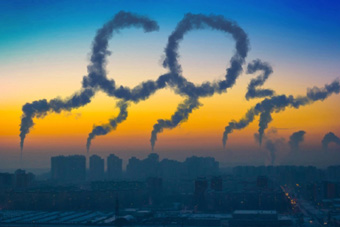
This course provides participants with awareness and understanding of the subsurface needs of CCS projects. It will establish basics such as how much CCS is needed to make a difference to global warming and explore what types of CO2 injection have already happened including dedicated long-term CCS projects, pilot projects and CO2-enhanced oil recovery projects.
Register here
Geological Storage of CO2
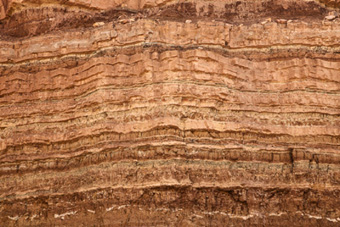
This course provides participants with understanding of geological subsurface CO2 storage volumetrics, CO2 flow in the subsurface away from injector wells, the objective of permanent and safe storage of CO2. It also covers the key issues of reservoir depth, well design, reservoir lithology, reservoir quality, and reservoir architecture. Issues of mineral dissolution under different reservoir conditions are considered.
Register here
Behaviour of CO2 in reservoirs
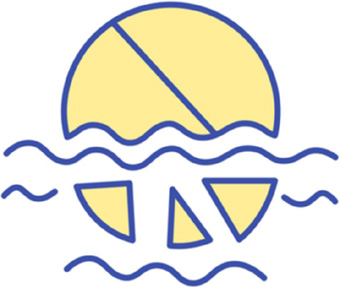
The course addresses CO2 as a fluid phase and the key question of CO2 storage efficiency, the equivalent of oil recovery factor. The course will address the rate of CO2 injection and the role reservoir permeability. The all-important issue of the geomechanical effects of CO2 injection and feedbacks between induced mineral dissolution and rock strength and other rock properties will be addressed. The range of possible interaction between CO2 and both aquifer and top-seal will be covered.
Register here
Monitoring CO2 Storage
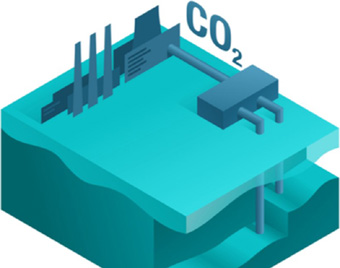
The course considers the range of potential leakage mechanisms that need to be assessed. It will include a detailed consideration of the monitoring strategies available to assure the safety and integrity of the CO2 storage site.
Register here
Petrophysics for CCS
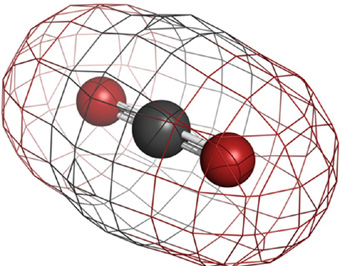
This course considers the properties of carbon dioxide, contrasts its behaviour with that of methane and the interactions between CO2 and water in an aquifer. There is a review of some of the properties of CO2 that affect how different wireline logs respond to it, in particular the significant effects that the gas has on sonic and neutron log responses. The responses on resistivity logs are, however, not very different to the effects of gas or oil. The natural gamma ray tool plays a role in monitoring plumes of CO2 as it is used to assess salt precipitation near the well bore. Pulsed neutron logs provide essential information on the saturation of CO2 in observation wells as part of the process of monitoring the distribution of CO2 plumes in the reservoir. The nature and quality of the data that can be obtained from wireline logs are considered and used to design schedules for running logs in the monitoring processes.
Register here
CCS for Geoscientists and Engineers - Course Bundle
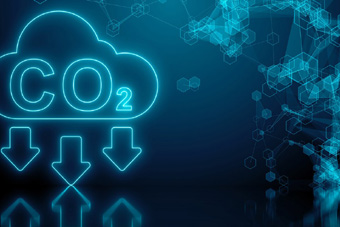
This package of Carbon Capture and Storage (CCS) self-paced e-learning courses will provide geoscientists and engineers with an awareness and understanding of subsurface CO2 storage, CO2 flow in the subsurface, monitoring of the CO2 storage site and addresses the key issues of reservoir depth, well design, reservoir lithology, and quality.
Register here
KeyFacts Energy Industry Directory: RPS Energy l KeyFacts Energy news: Training
 KEYFACT Energy
KEYFACT Energy